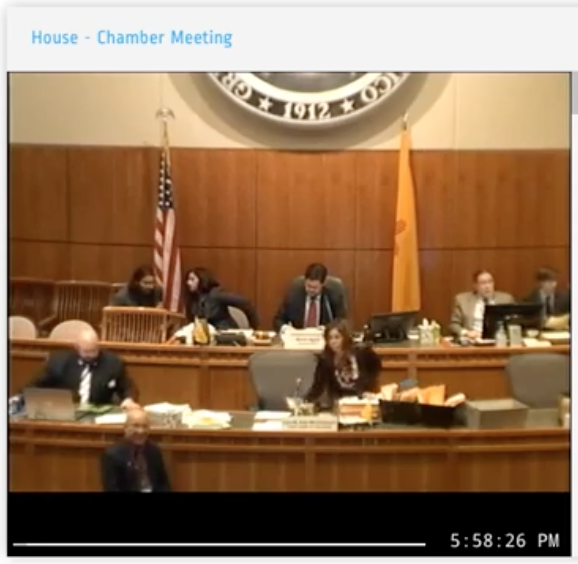2017 Legislative Session
Golf gifts up lobbyist spending to nearly $250K, other spending not reported
|
Lawmakers can look forward to some golfing once the legislative session ends, thanks to $28,000 in gifts from the New Mexico Golf Tourism Alliance. That’s just a portion of the nearly $250,000 lobbyists have reported spending on lawmakers during the session through March 8. The number only includes spending of $500 or more at a time, which lobbyists or their employers are required to report to the Secretary of State within 48 hours. But some lobbying groups question what must be reported now or later when more comprehensive reports are due in May. For instance, neither ProgressNow New Mexico nor Everytown for Gun Safety has reported spending on canvassing to encourage support of House Bill 50, which would expand gun background checks in the state.









